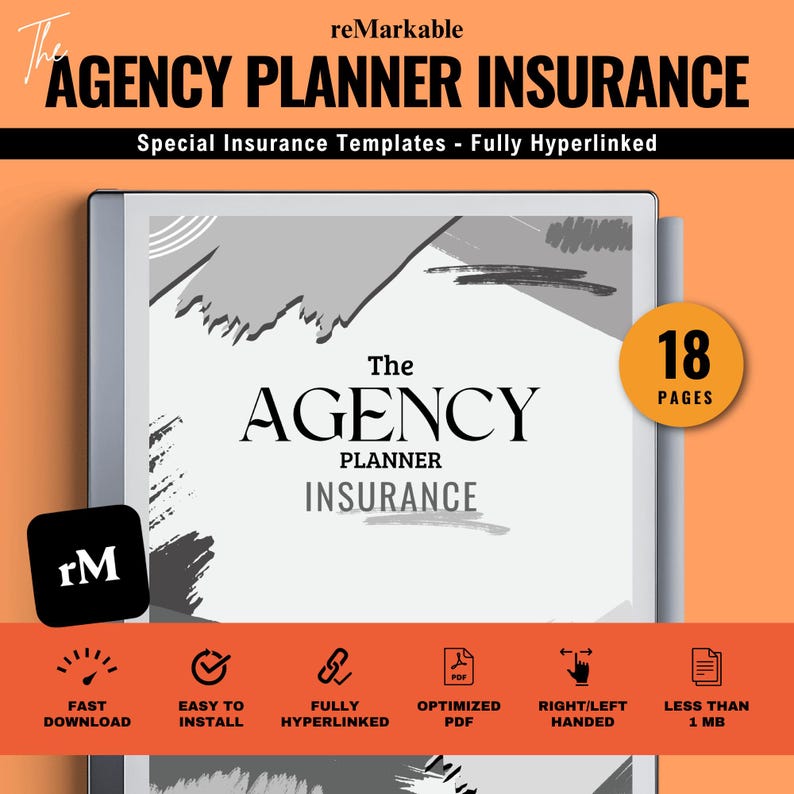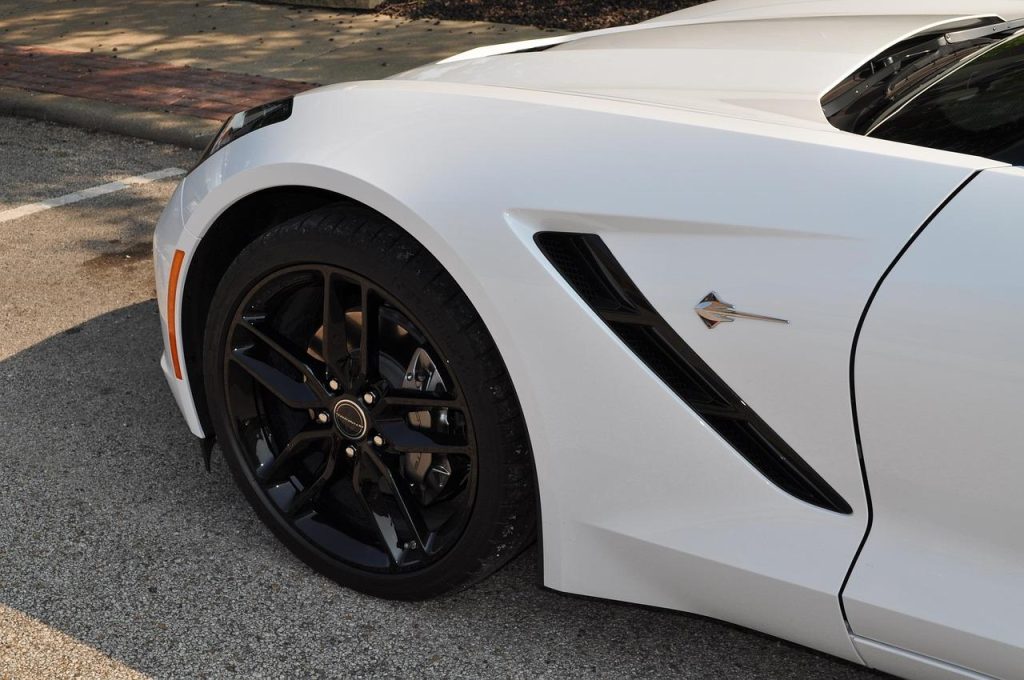When it comes to running a car dealership, whether you’re selling shiny new models or reliable used vehicles, having the right insurance coverage is crucial. Yet, many dealers find themselves unsure about how insurance for new car dealerships differs from that for used car dealerships. Understanding these distinctions isn’t just about ticking a box—it’s about protecting your business, your customers, and your peace of mind. In this article, we’ll gently walk you through the key differences between new and used car dealer insurance, helping you make informed decisions tailored to your unique dealership needs.
Table of Contents
- Understanding Coverage Requirements for New and Used Car Dealers
- Evaluating Risk Factors Influencing Insurance Premiums
- Tailoring Insurance Policies to Your Dealership’s Unique Needs
- Practical Tips for Choosing the Right Insurance Provider
- To Conclude
Understanding Coverage Requirements for New and Used Car Dealers
When it comes to insurance, new and used car dealers face distinct challenges that influence their coverage needs. New car dealerships often require policies that prioritize manufacturer warranties, showroom inventory protection, and transportation coverage. Since these dealerships handle high-value vehicles fresh off the production line, their insurance must guard against risks like damage during transit, theft, and extended liability for manufacturer recalls. Additionally, sales of new cars typically involve substantial financing, which increases the need for higher liability limits and dealer floorplan protection.
Used car dealers, on the other hand, encounter a different set of risks that call for tailored coverage options. Their inventory includes vehicles of varying ages and conditions, which can introduce greater exposure to mechanical failures or undisclosed damages. Insurance packages for these dealers often emphasize:
- Lot and inventory insurance to protect against theft, vandalism, and weather-related incidents.
- Garage liability coverage accounting for repair work or test drives carried out on-site.
- Dealer’s open lot coverage to manage risk across multiple vehicle locations.
Because used cars often come with less predictable value and condition, carriers may impose stricter underwriting criteria or higher premiums, reflecting the nuanced nature of the dealer’s risk profile.
Evaluating Risk Factors Influencing Insurance Premiums
When determining insurance premiums, companies meticulously assess a variety of factors that directly impact the risk involved. For car dealers, whether handling new or used vehicles, these risk considerations can vary significantly. Insurers often look at the type and age of vehicles, as newer cars typically have advanced safety features that might lower risk, whereas used cars could present a higher likelihood of mechanical issues. Additionally, the dealer’s location plays a crucial role—dealers in high-crime or high-traffic areas may face increased premiums due to a greater chance of theft or accidents.
Beyond vehicles and location, insurers evaluate operational risks such as the volume of daily transactions, inventory turnover, and the security measures in place. New car dealerships often have tighter manufacturer regulations and warranties, which might influence claims differently compared to used car dealers who handle a more diverse range of vehicle conditions. Other hidden risk factors include the reputation of the dealership, employee training, and history of previous claims. Understanding these elements allows insurers to tailor coverage and pricing that reflects the unique challenges faced by each dealer type.
Tailoring Insurance Policies to Your Dealership’s Unique Needs
Every dealership operates with its own set of challenges and goals, which demands a personalized approach to insurance coverage. When assessing your options, consider the unique factors that influence your risk exposure, such as inventory type, location, and employee roles. For instance, a used car dealer might need more extensive protection against potential mechanical defects, while a new car dealer could prioritize coverage for manufacturer-related risks. Embracing a tailored policy ensures that you aren’t paying for unnecessary coverage, yet remain fully safeguarded against the liabilities that matter most to your business.
Key elements to evaluate include:
- Inventory coverage: Does your policy differentiate between new and pre-owned vehicles?
- Liability protection: How does it address test drives, repairs, and customer interactions?
- Premises insurance: Are risks like theft, vandalism, or weather damage adequately covered?
- Employee-related risks: Does the plan accommodate the number of staff and specific duties within your dealership?
By collaborating closely with an insurance expert who understands these nuances, you can create a strategy that supports your unique business flow—balancing risk management with cost efficiency.
Practical Tips for Choosing the Right Insurance Provider
Choosing an insurance provider that aligns with your specific needs requires more than just comparing premiums. Look beyond the price and evaluate the insurer’s reputation for customer service, claim processing efficiency, and flexibility in coverage options. Solid customer reviews and positive feedback, especially regarding timely claim settlements, can be invaluable indicators. Additionally, consider providers that offer tailored policies for either new or used car dealers, as these specialized plans often address industry-specific risks more effectively.
It’s equally important to clarify the fine print before committing. Pay attention to the terms related to coverage limits, deductibles, and exclusions. Often, cheaper policies have hidden restrictions that might leave your business exposed when you need support the most. To stay informed, consider these practical steps when narrowing down your options:
- Request detailed quotes that break down all fees and coverages.
- Inquire about discounts for bundling insurance or for proven safety records.
- Confirm the provider’s experience with businesses in the automotive sector.
- Seek recommendations within industry networks or online forums.
To Conclude
Choosing the right insurance for your car dealership, whether new or used, is more than just a business decision—it’s about protecting your passion, your reputation, and your future. By understanding the key differences between new and used car dealer insurance, you’re better equipped to make an informed choice that fits your unique needs. Remember, the right coverage offers peace of mind so you can focus on what truly matters: serving your customers and driving your business forward. Stay informed, stay protected, and keep your dealership thriving.







